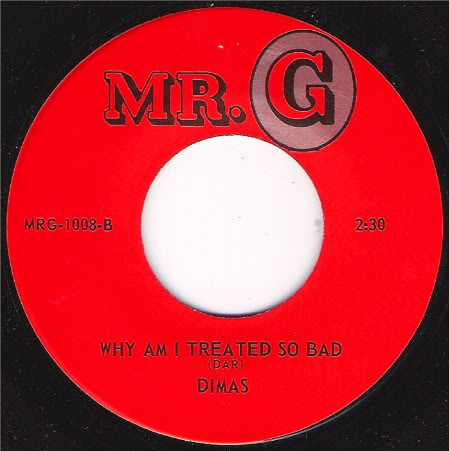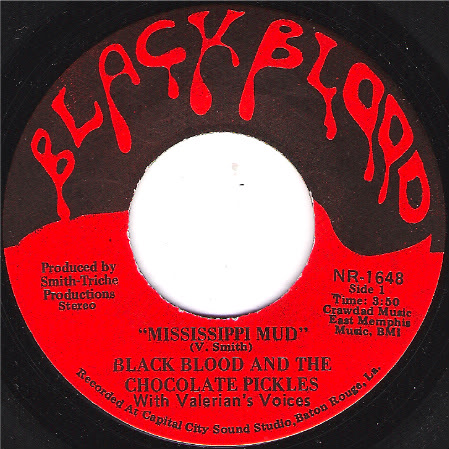
There’s little can be said about New Orleans’ larger-than-life high priest of funk, Eddie Bo, that I could say otherwise (see F16C’s magnificent tribute to the man, here). Nevertheless, I feel it’s due time that we here at I’m Shakin’ pay homage to the Crescent City’s most honorable jazz and r&b musician/producer, if only in just a few short paragraphs. Surely, a few (dozen) others come to mind, but Bo was something else, a notch above the rest–a trailblazer in a city of renowned trailblazers. Considering my gravitation towards the grittier/funkier/”Bo-ier” side of Bo’s discography, I thought I’d share one of his two singles from the Scram record label, entitled “If It’s Good To You (It’s Good For You)” Pt. 1.
Though known from the funk miners and collectors for his heavy, distinctly New Orleans brand of funk, Bo started where most musicians did before the James Brown funk revolution–steeped in the sounds of jazz, soul, and southern r&b. In traditon with the famous Big Easy second-line rhythmaires, Bo’s early productions consisted of big, bright horns, boogie-woogie piano vamps, and r&b dance beat. His recordings and production credits touch nearly every pocket and musical genre of New Orleans and the greater Gulf south, working with the brightest soul-shouters, girl groups, duets, r&b combos, funksters, rockers, and everything in between. Which brings me to today’s feature-If It’s Good To You is the real-deal heavy funk side of Bo that defines his career and exemplifies how he made funk his own groovy thang. The Meters had Zigaboo Modeliste, James Brown had Clyde Stubblefield and Jabo Starks, Dyke and The Blazers had James Gadson, but Eddie Bo had James Black; perhaps one of the most unknown but equally talented human drum machines in the history of funk/rhythm music. In this same respect, it takes an equally talented recording engineer and producer to mix the session to sound just right, and in turn, create a unique, definitive sound; i.e The Bo Sound. James Black was the drummer behind Bo’s most sought-out 45s, with his unique fat snare snap, beefy kick drum, and New Orleans rhythm, his style and tone are key components of this quintessential sound.
Sadly, Bo passed away last year, but left behind a legacy of New Orleans soul music for generations to come. His singles are some of the most highly prized records in the record collecting community, and for good reason.
LISTEN: Eddie Bo- If It’s Good To You (It’s Good For You) Pt. 1







